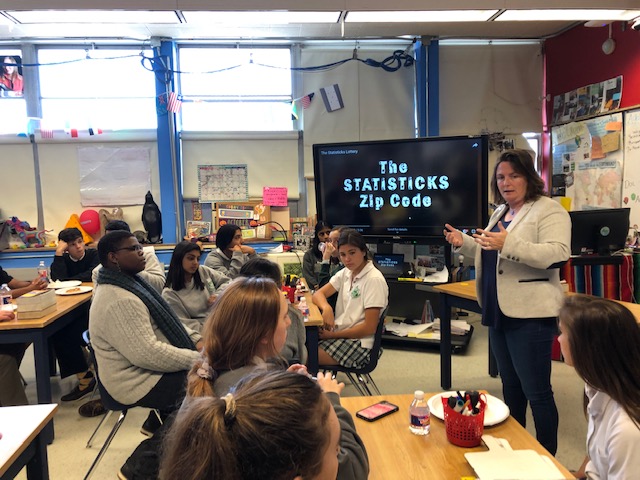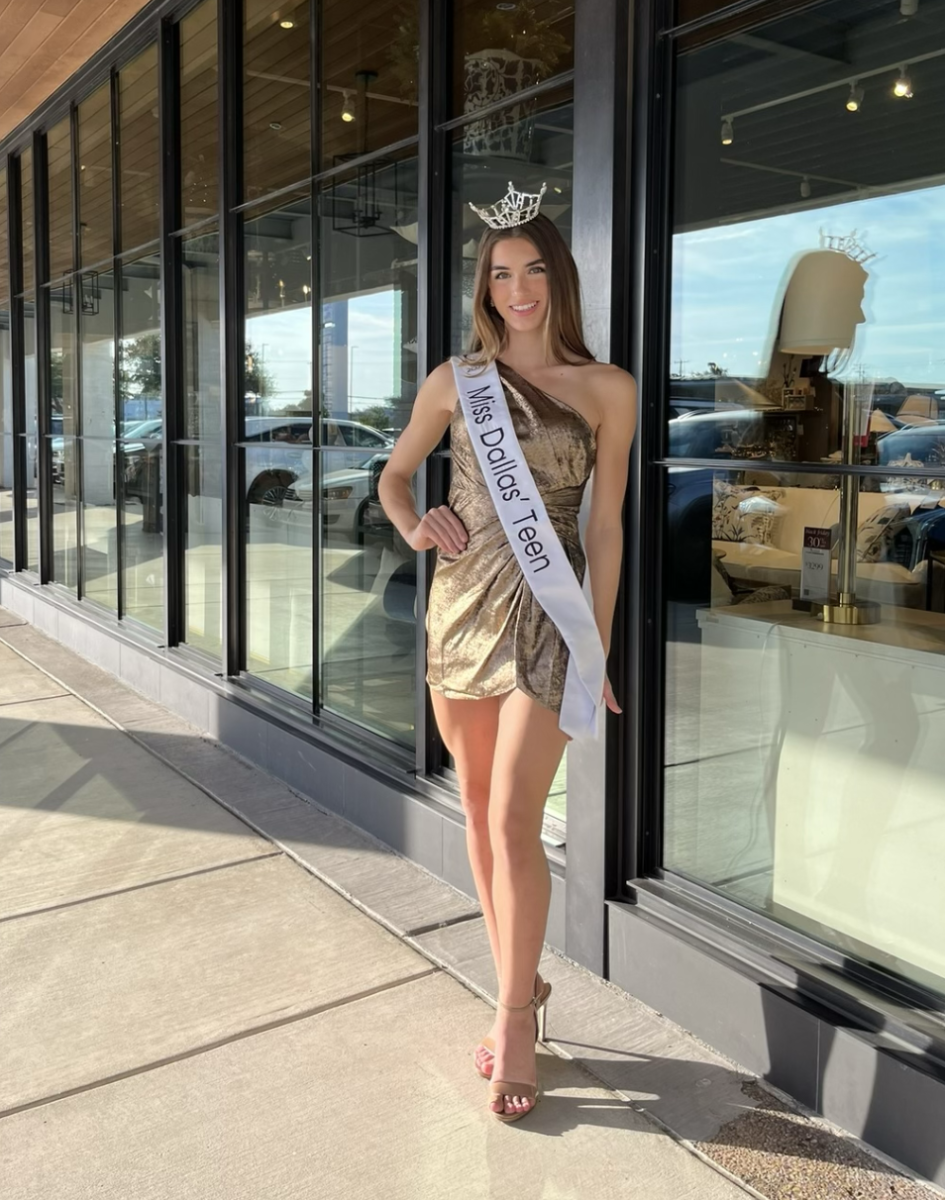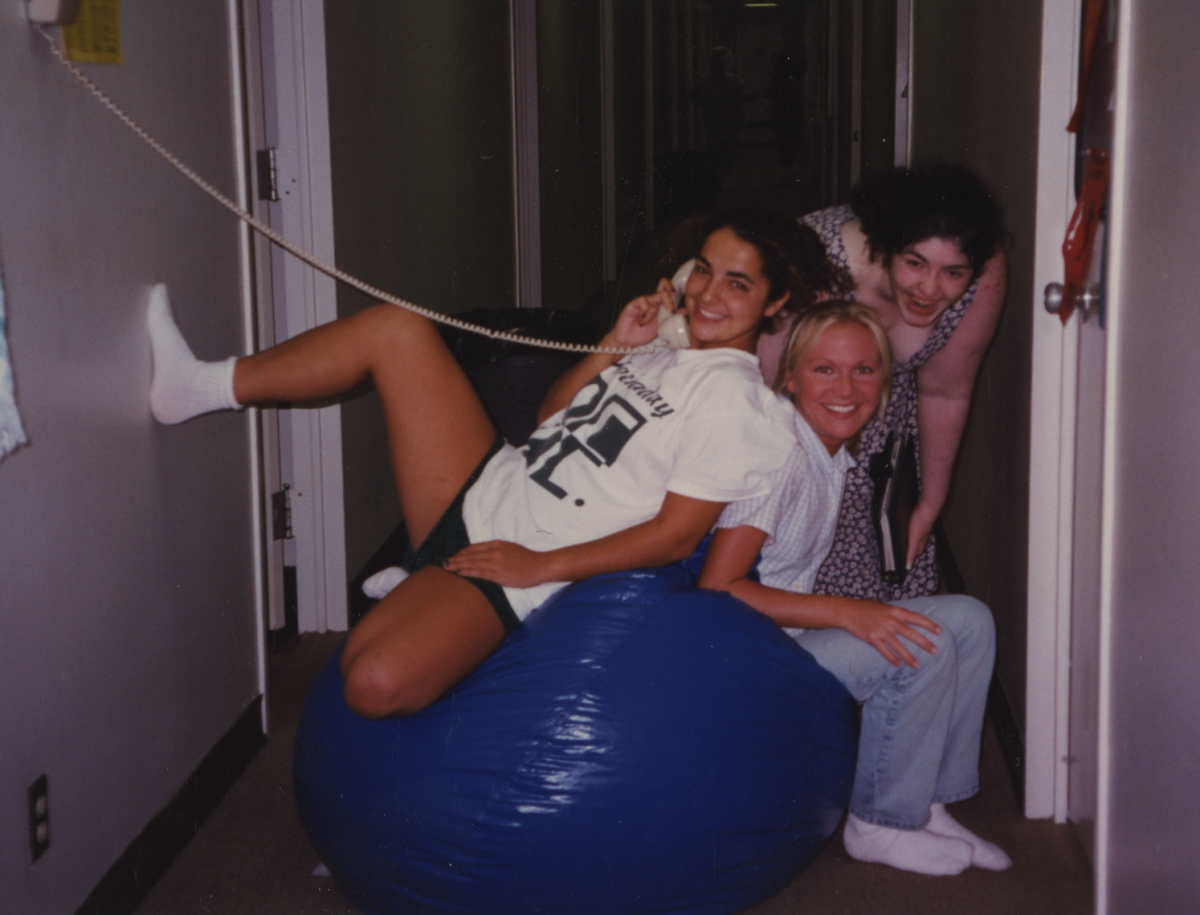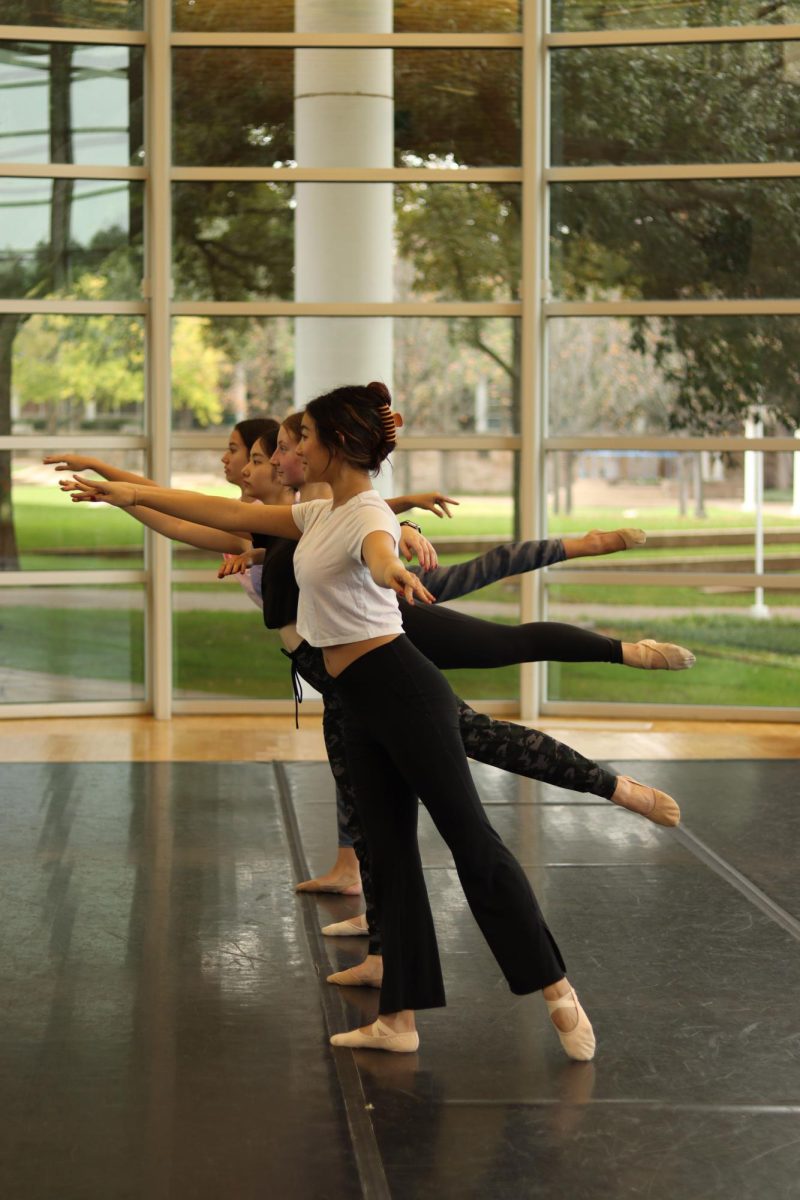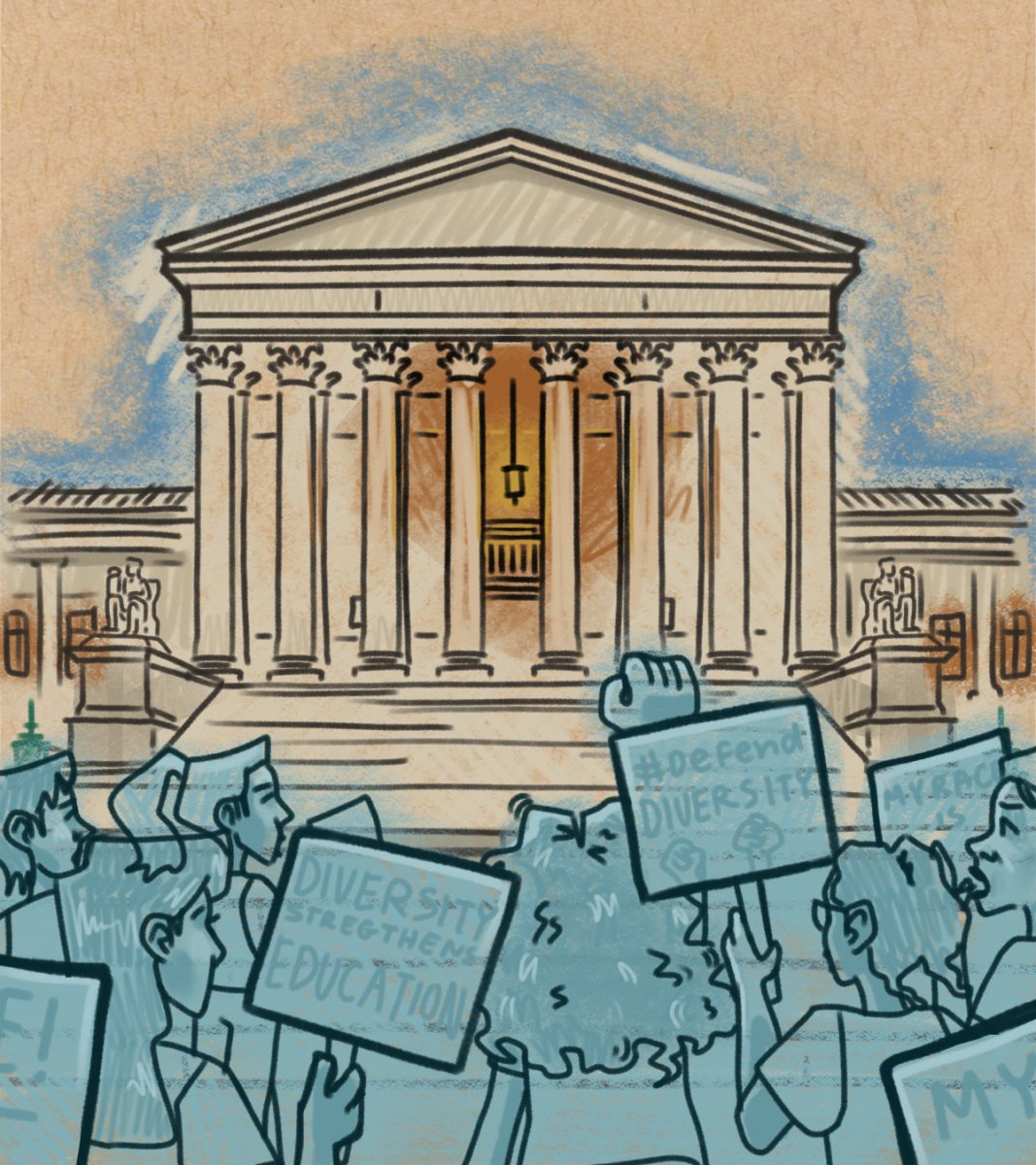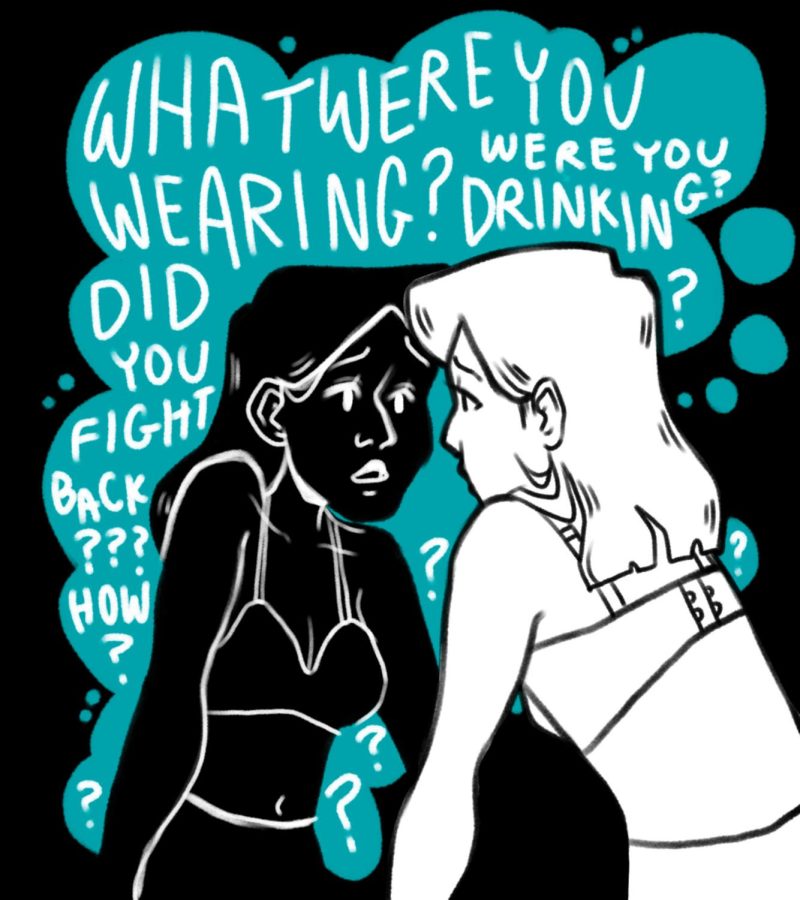//PICTURED ABOVE: The ridesharing market has expanded significantly in recent years. However, as concerns about background checks on drivers have risen, rideshare companies are facing backlash.
Technology has enhanced the lives of billions of people around the world, leading to novel innovations and trends. One of these popular modern lifestyle crazes has been ridesharing. While rideshare companies and the taxi industry have been competing in the same market, there are several differences between the two. Unlike taxis, ridesharing is based in a private vehicle, and users pay for the ride via mobile app or website. While taxis have been around since the 19th century, it was not until 2009 when one of the most well-known rideshare companies, Uber, was founded. As the number of people use rideshare services increases, it has become easier for users to live without a car, travel and stay safe when driving at night or intoxicated. However, as the rideshare industry expands, so do the dangers associated with it.
Danger Driver
It was 2 a.m. on April 1 when Samantha Josephson, a 21-year-old student at the University of South Carolina, called herself an Uber after being separated from her friends. Although it is unclear whether Josephson was intoxicated, she and her friends had been seen earlier that night at a bar in Columbia, South Carolina.
Instead of entering the vehicle that she had called for on Uber, Josephson entered a black Chevy Impala sedan driven by Nathaniel David Rowland, a 24-year-old man from South Carolina, assuming that he was her Uber driver. Fourteen hours later, Josephson’s body was found dead in a field approximately 90 miles from Columbia.
Despite the fact that Uber had no control over Josephson’s entrance into the wrong car, her kidnapping and murder brought attention to the lack of safety precautions rideshare companies take when selecting drivers and designing other in-app features. However, Uber recently released their safety tips on their app and online to assist riders in taking preventative measures.
Although Josephson’s murder was one of the first cases that brought heavy attention to the dangers of ridesharing, it is not the first incident to occur in a rideshare car. For years, there have been cases reported of drunk rideshare drivers, alleged sexual assaults and alleged kidnappings. All of these cases led to the larger issue of rideshare companies’ inadequate background checks for their drivers.
Honor Wood, a sophomore at Hockaday, is just one of the many people who have felt uncomfortable in a rideshare car because of the driver.
“It’s just, you don’t know [the driver], and they haven’t really been vetted for by any other company besides Lyft or Uber, and you don’t really know if you can trust them,” Wood said. “How are you supposed to know that they aren’t going to not take you [where] you need to go, and they might kidnap you.”
Wood vocalized her concern for the lack of requirements for drivers who work for rideshare companies. Uber and Lyft are disputably the two most critiqued rideshare companies for their insufficient background and safety checks on drivers. Although they are making changes and spending more money on their security processes, Uber and Lyft continue to struggle with ensuring that all employed drivers are safe and reliable.
The Modern Taxi
Although every rideshare company claims to take the best safety precautions, larger companies often face the most backlash for their inadequate safety features.
The most well-known rideshare company, Uber, was launched in 2009, and since then has admitted three million drivers globally, making it the largest rideshare company in the world. With so many drivers hired daily, Uber must strike a balance between the speed and the quality of their background checks. These checks include a review of the vehicle record and a criminal background check for the driver. However, the details of each background check can vary from state to state because of the local laws regarding rideshare drivers. Additionally, the human resources department of Uber is not required to meet with potential drivers in person before hiring them, so there are concerns about the remoteness of the background checks.
Lyft, Uber’s biggest competitor, has faced similar backlash for deficiencies in background checks. Both rideshare companies have similar driver requirements and background checks when hiring drivers. Like Uber, Lyft has also faced many incidents involving drivers harassing passengers.
Some of the major differences between the two rideshare companies are the vehicle options and the expense of a trip. Compared to Lyft, Uber has a much wider selection of vehicles, with everything from a standard sedan to a larger luxury vehicle. This gives customers more options when selecting what type of car they would like to travel with, which benefits people who work at businesses and larger families, who may prefer certain types of vehicles. On the other hand, Lyft gives hefty discounts and reduced prices to users who cannot spend as much on transportation, thereby providing an affordable means of transportation for certain demographics, like college students.
Recently, Dallas entrepreneurs have created local rideshare companies such as Bubbl and Alto that are advertised as safer and more luxurious than mainstream companies Uber and Lyft.
In 2016, Paul Adams and a team of other co-founders launched Bubbl, marketing it as the “safest ride in town”. Since the Park Cities neighborhood in Dallas is often referred to as a “bubble”, Adams and his team created a rideshare company that would be safe for people not just in the Park Cities, but in all of Dallas. With retired or off-duty police officers as drivers, Bubbl appealed to families for being the safest rideshare company for children as well as senior citizens. However, the safety Bubbl provides comes at a cost, as the average Bubbl ride costs more than a typical Uber or Lyft ride.
With similar safety guidelines, Alto, a new car service in Dallas actually co-founded by Alex Harbardier ‘04, took ridesharing to another level with subscription services. The base membership for Alto is $12.95 per month, which gives riders a large discount on rides compared to other competing companies and limousine services, according to the company’s website. Switching from Uber, Wood decided to subscribe to Alto after discovering the company’s safety precautions and quality of the rides.
“They use a company car, and it is a really nice car, and it’s brand new,” Wood said. “They have license plates that say Alto One [or] Alto Two. All the cars have a different number, and they have the logo of the company on the side of the car so you don’t have to worry about getting into the wrong car.”
Additionally, Alto has different amenities in their cars such as water bottles, umbrellas and phone chargers.
“Alto is way nicer,” Wood commented.
The Hockaday Experience
Along with Wood, many Hockaday students often use rideshare apps. Freshman Poppy Badini* rides regularly with Uber because she cannot drive yet.
“There have been stories that go out about Uber and bad things that have happened, but I’ve never had a situation like that,” Badini said. “Sometimes you feel a little uncomfortable because you’re in the car with a stranger, but I haven’t had any problems with it, and I think it’s pretty handy to have in an app.”
Wood agreed with Badini, noting the advantage of convenience that comes with rideshare apps
“I think [rideshare apps are] really good because sometimes you don’t want to drive everywhere yourself, especially late at night,” Wood said.
To ensure that the car picking her up is legitimate, Badini always checks to see if her Uber driver has her name and the address she is going to.
“When I’m in the car, I also check around me and make sure I can pull up the locks, just in case,” Badini said. “I use Uber a lot, and I’ve never had any trouble with them, but I can definitely see how people can be targeted. It could be so easy for random cars to go out to Deep Ellum, and if anyone’s looking for an Uber, like at a concert, people just get in.”
Additionally, some Hockaday students use Bubbl because school policy limits students to using Bubbl as a rideshare option, as Uber and Lyft do not allow minors to ride without an adult.
According to Gary Stollar, Interim Director of Residence Life, boarders must pay for Bubbl themselves with their own account. This can pose a problem because of Bubbl’s relatively high rates and the fact that they do not operate after 8 p.m.
“While many of our boarders would prefer to use Uber and Lyft, we can’t knowingly allow any of our girls to break a legal stipulation that Uber and Lyft have set,” Stollar said.
He would like the two rideshare companies to change their policies to let minors ride, even if there were restrictions imposed, such as lowering the age limit to 16 or only allowing minors to ride during daylight hours.
“Our boarders see other students or people under 18 years old all across the United States use Uber and Lyft,” Stollar said. “This is unfortunate because Uber and Lyft aren’t enforcing their own rules, and this puts us in the unenviable situation of denying these services to our boarders.”
In fact, Badini noted that few drivers ever ask about her age. The ones who have asked her, however, have always been female.
“I’ve had multiple [female Uber drivers] who have said, ‘you shouldn’t be using Uber this young. You don’t know what could happen,’” Badini commented.
Despite the potential dangers of rideshare services, sources such as Medium.com, a news website, and Uber itself argue that these companies offer a safer alternative to driving in other instances, most notably that of intoxicated driving.
On average, 29 people die each day in car accidents involving alcohol, and two out of three people in the United States will be involved in a drunk-driving crash in their lifetime, according to Mothers Against Drunk Driving (MADD).
A survey of high school students showed that 45.1 percent of students use rideshare apps most before or after parties, making transportation to and from parties the most popular use of rideshare services.
“I do think a lot [high school and college students] end up driving under the influence after leaving a party,” Carla Taylor* said. “They do that because they have their car there, and a lot of people just think that they aren’t that drunk and they can just drive home.”
As a partner with MADD, Uber claims to offer a solution to this problem: according to their website, “more than 75 percent of people say that since Uber launched in their city, their friends are less likely to drive after drinking.”
In fact, Uber reports that in the first six months of operating in Salem, Oregon, over 59 percent of Uber trips on late weekend nights (from 10 p.m. to 2 a.m. Friday and Saturday) started within 500 feet of an alcohol-serving business. In other words, “thousands of Salem residents immediately began using Uber as a way to travel during peak nightlife hours from venues where alcohol is consumed,” according to Uber.
While Uber markets itself as a safe alternative to drunk driving, studies on ridesharing and impaired driving have varied results. Researchers from the University of Pennsylvania studied drunk driving in four U.S. cities in which Uber launched, ceased, then resumed operations—Las Vegas, Portland, Reno and San Antonio. Because crashes involving intoxicated drivers decreased in Portland and San Antonio but not Las Vegas or Reno, the researchers concluded that the results depended on the conditions within the city rather than rideshare services themselves.
“Driving drunk is terrible, and you shouldn’t do that,” Taylor said. “[By using Uber], you don’t have to drive.”
Monica Shane* also recognized that ridesharing helps avoid the risks of intoxicated driving if there is alcohol present at a party.
“My mom is not a big fan of Uber because of past stories that she’s heard about it, but she also is very against drunk driving, so I never really know what to do,” Shane said. “Out of anything, I would rather stay the night somewhere instead of running the risk of [using Uber] or drunk driving somewhere.”
Staying Safe
Modern technology always has its benefits and drawbacks. Ridesharing, like every piece of technology, is a double-edged sword. It can be a useful means of transportation, sometimes being safer and more reliable than public transportation. However, users can only reap the benefits if both the driver and the rider use the system correctly.
Because riders do not personally know their driver, they place a great amount of trust in a stranger to not abuse the system. When riding, be sure to take safety precautions, such as checking the license plate, sitting in the backseat and getting picked up at a safe location. Lastly, trust your gut. Following your best instincts and watching for red flags can go a long way.
*The Fourcast has changed students’ names to protect their privacy.
Story by Kelsey Chen and Erin Parolisi
Illustration by Kylee Hong


